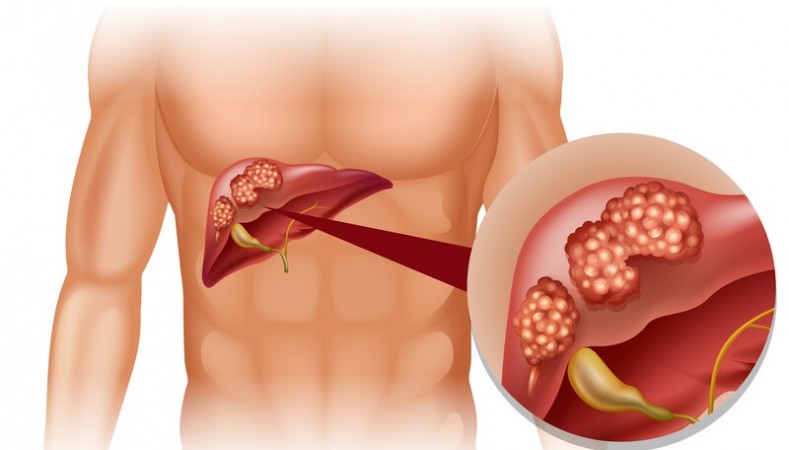
Health Benefits of Intermittent Fasting: A Shield Against Liver Inflammation and Cancer
In the realm of health, intermittent fasting has emerged as a potent ally, with recent research shedding light on its remarkable protective effects against liver inflammation and the ominous shadow of liver cancer. A groundbreaking study conducted by scientists at the German Cancer Research Centre (DKFZ) and the University of Tubingen unveils a promising strategy to halt the progression of fatty liver disease, offering hope in the face of a growing health crisis.
Understanding the Menace of Fatty Liver Disease
Fatty liver disease looms large on the global health landscape, with its insidious nature frequently leading to chronic liver inflammation and potentially paving the path to liver cancer. This condition, often intertwined with obesity and fueled by unhealthy dietary habits, poses a significant threat to public health, particularly in regions witnessing a surge in obesity rates.
The Role of Intermittent Fasting: A Shield Against Liver Degeneration
Enter intermittent fasting, a dietary regimen that has garnered attention for its multifaceted health benefits. In this study, mice fed a diet mirroring the excesses of the Western dietary pattern were subjected to two different feeding protocols. One group had unrestricted access to food, while the other followed a 5:2 intermittent fasting regimen, alternating between fasting and regular feeding days.
A Resilient Defense: Unveiling the Mechanisms
The results were nothing short of astounding. Mice adhering to the intermittent fasting schedule exhibited resistance to weight gain, manifested fewer signs of liver disease, and displayed lower levels of biomarkers indicative of liver damage. Crucially, this resistance to liver degeneration persisted independent of total calorie intake, underscoring the unique protective effects of intermittent fasting.
Unraveling the Molecular Machinery: Two Proteins at the Helm
Delving deeper into the molecular intricacies, the researchers identified two key proteins within liver cells that orchestrate the protective effects of fasting. These proteins emerge as promising targets for therapeutic interventions, offering a beacon of hope for individuals grappling with the ravages of fatty liver disease.
Translating Findings into Practice: A Beacon of Hope
The implications of this research are profound. By unraveling the potential of intermittent fasting to mitigate liver inflammation and thwart the progression to liver cancer, we are presented with a tangible strategy to disrupt the vicious cycle of metabolic dysfunction. Simple dietary modifications hold the power to usher in a new era of liver health, offering respite to millions worldwide burdened by the specter of liver disease.
A Call to Action: Nurturing Health Through Dietary Choices
As we navigate the complexities of modern living, let us heed the clarion call to prioritize our health. Embracing the principles of intermittent fasting, alongside a wholesome diet and lifestyle, serves as a potent shield against the scourge of liver disease. Together, let us embark on a journey towards vibrant health and well-being, empowered by the transformative potential of dietary interventions.
In the relentless pursuit of wellness, intermittent fasting emerges as a beacon of hope, offering a pathway to safeguard liver health and defy the odds stacked against us. Embrace the power of dietary resilience and unlock the boundless potential within.